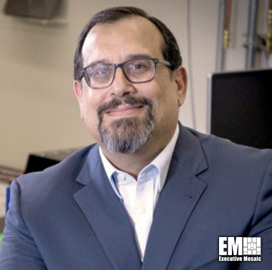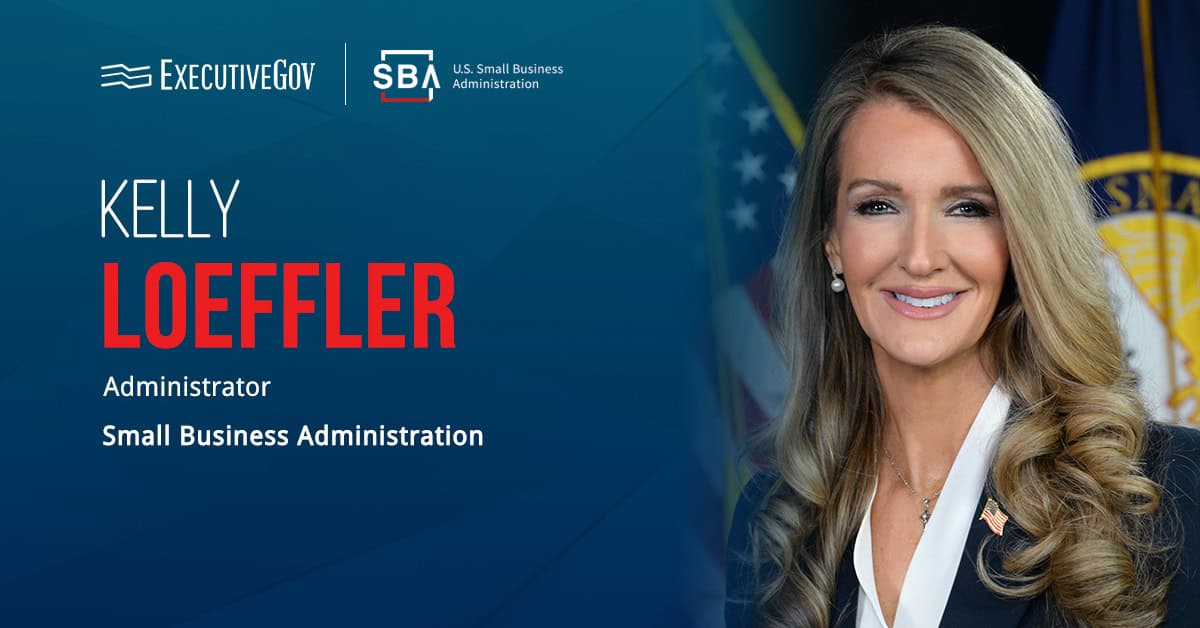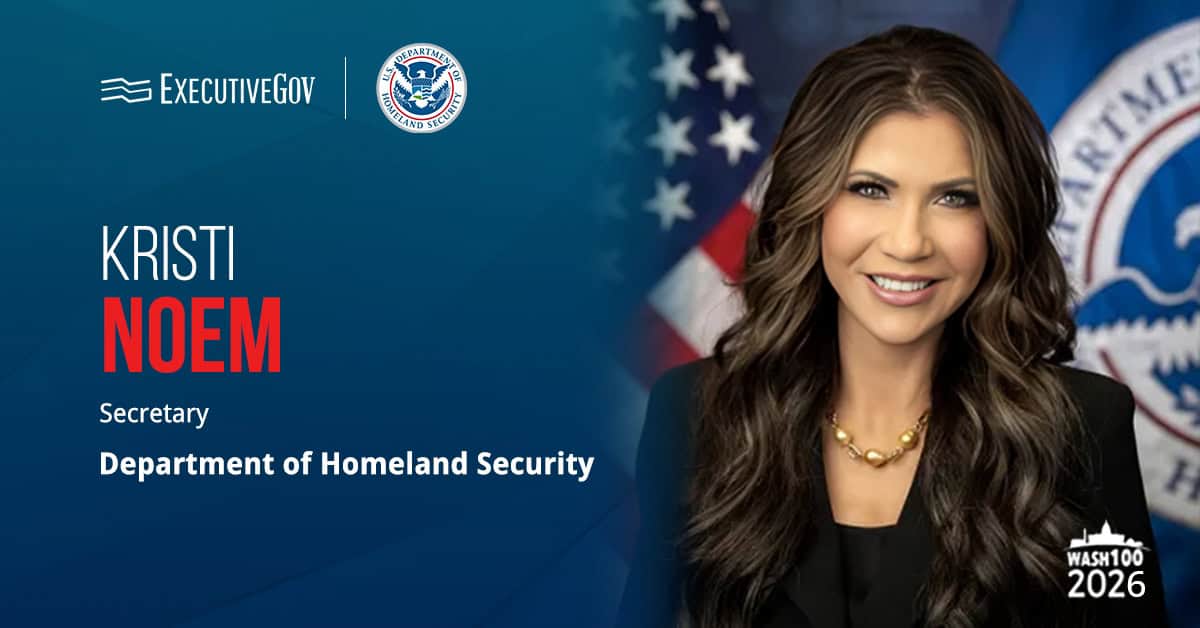Philip Perconti, deputy assistant secretary of the Army for research and technology, will step down and retire from government service, effective May 28.
Perconti, who also serves as the U.S. Army's chief scientist, helped the service establish a science and technology strategy involving Army Futures Command. He also helped the Army prepare for future technologies, determine priorities and shape basic research programs.
Perconti previously served as director of Army Research Laboratory for over three years and held roles with various science and technology organizations in the service.
“By revamping the Army’s experimental prototypes and manufacturing technology programs to maximize technology transition from applied research projects to Army engineering, manufacturing, development and production programs, we set our path toward modernization,” the chief scientist said.





